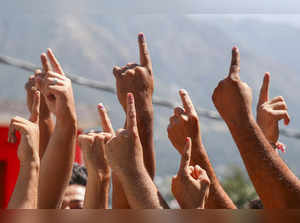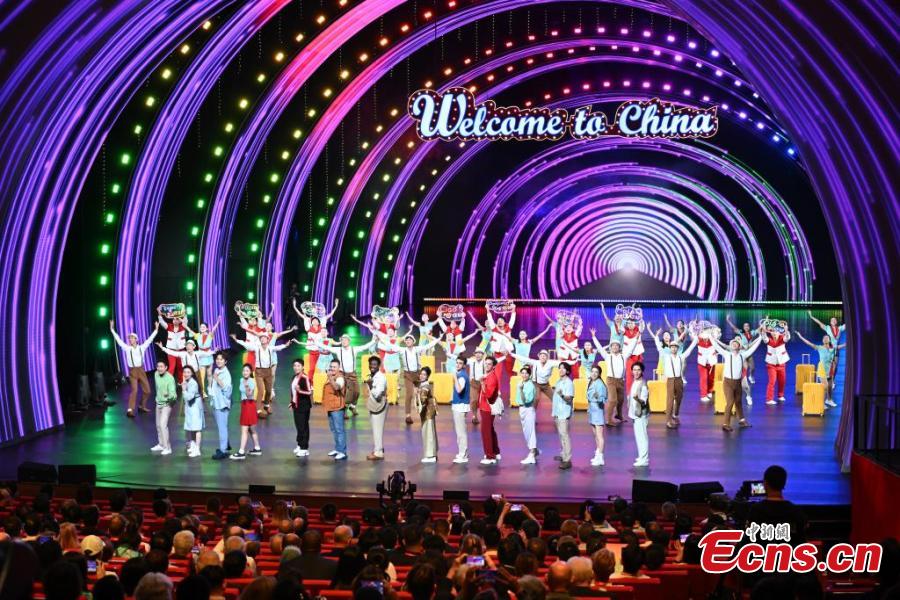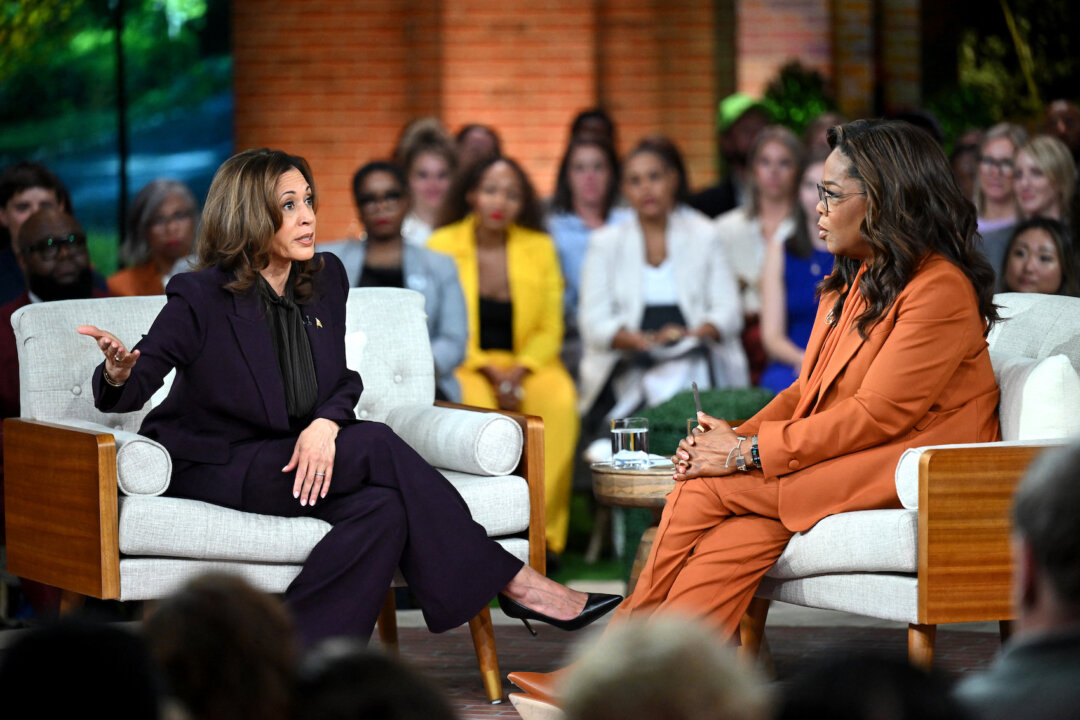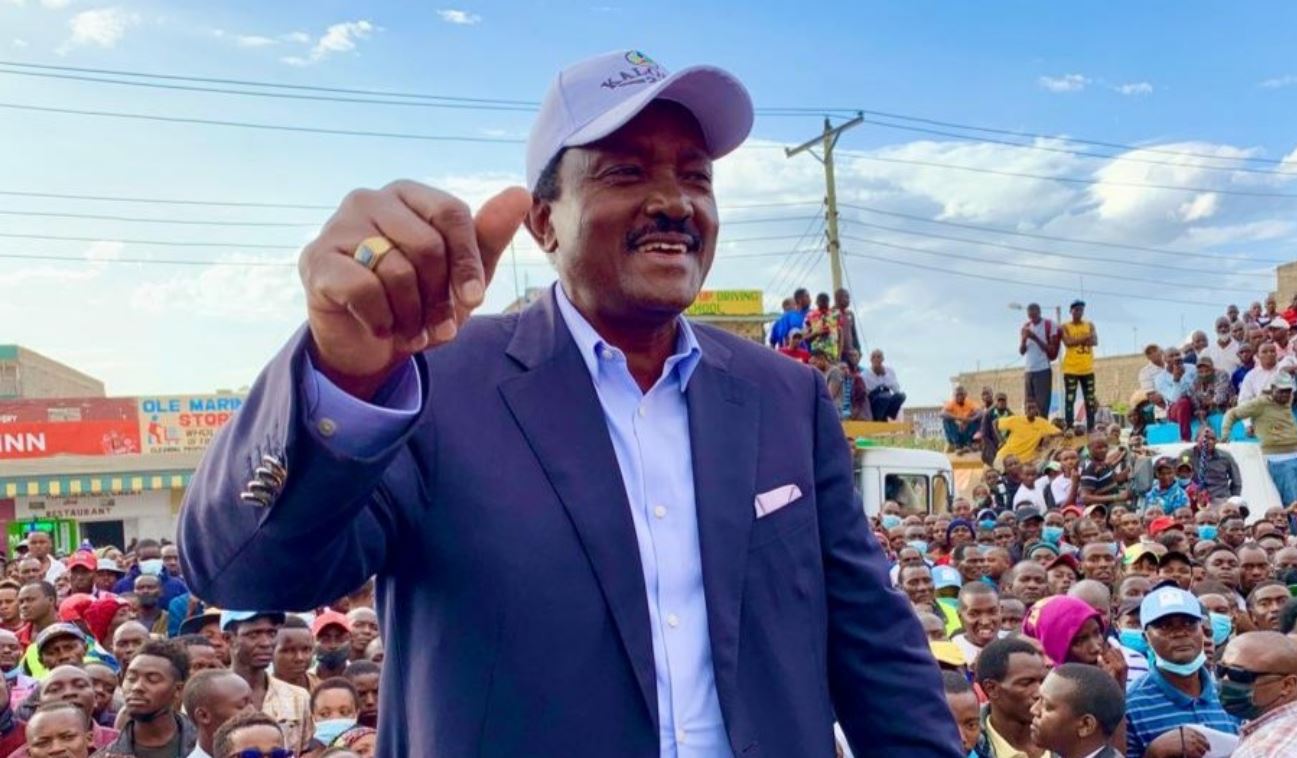
Prime MinisterNarendra Modi-led Union Cabinet on Wednesday accepted Ramnath Kovind's 'One Nation, One Election' report. What's 'One Nation, One Election' The concept revolves around conducting simultaneous elections for both Lok Sabha and State Assemblies throughout the country. Prime Minister Narendra Modi has been a long-time advocate of this idea.
Currently, elections for state assemblies and the Lok Sabha take place independently, either upon the completion of a five-year term for the existing government or in the case of dissolution due to various reasons. Benefits of Simultaneous Elections Supporters argue that holding joint polls can save significant expenses, enhance administrative efficiency, and potentially lead to higher voter turnout. According to certain reports, an astonishing amount of around Rs 60,000 crore was utilized during the 2019 Lok Sabha elections.

This total includes costs borne by political parties participating in the electoral process and the Election Commission of India's expenses in orchestrating the elections. Additionally, substantial and evident costs are linked to the repeated deployment and transfer of security personnel. Due to election duties and associated labor, the regular responsibilities of the government machinery are neglected during each election.
These numerous man-hours are not factored into the election budget. History of Simultaneous Elections The concept of simultaneous elections dates back to the first general elections in 1951-52, which coincided with all Vidhan Sabha polls. This practice continued until 1967 when hung assemblies disrupted the trend.
The subsequent years witnessed a series of prematurely dissolved Lok Sabhas and state assemblies, derailing the simultaneous poll calendar. Artificial Intelligence(AI) Java Programming with ChatGPT: Learn using Generative AI By - Metla Sudha Sekhar, Developer and Lead Instructor View Program Artificial Intelligence(AI) Basics of Generative AI : Unveiling Tomorrow's Innovations By - Metla Sudha Sekhar, Developer and Lead Instructor View Program Artificial Intelligence(AI) Generative AI for Dynamic Java Web Applications with ChatGPT By - Metla Sudha Sekhar, Developer and Lead Instructor View Program Artificial Intelligence(AI) Mastering C++ Fundamentals with Generative AI: A Hands-On By - Metla Sudha Sekhar, Developer and Lead Instructor View Program Artificial Intelligence(AI) Master in Python Language Quickly Using the ChatGPT Open AI By - Metla Sudha Sekhar, Developer and Lead Instructor View Program Office Productivity Zero to Hero in Microsoft Excel: Complete Excel guide 2024 By - Metla Sudha Sekhar, Developer and Lead Instructor View Program Astrology Vastu Shastra Course By - Sachenkumar Rai, Vastu Shashtri View Program Data Science SQL for Data Science along with Data Analytics and Data Visualization By - Metla Sudha Sekhar, Developer and Lead Instructor View Program Web Development A Comprehensive ASP.NET Core MVC 6 Project Guide for 2024 By - Metla Sudha Sekhar, Developer and Lead Instructor View Program Office Productivity Mastering Microsoft Office: Word, Excel, PowerPoint, and 365 By - Metla Sudha Sekhar, Developer and Lead Instructor View Program Marketing Digital marketing - Wordpress Website Development By - Shraddha Somani, Digital Marketing Trainer, Consultant, Strategiest and Subject Matter expert View Program Web Development Mastering Full Stack Development: From Frontend to Backend Excellence By - Metla Sudha Sekhar, Developer and Lead Instructor View Program Finance Financial Literacy - TDS, Budget, Income Tax Act, GST, Indirect tax By - CA Rahul Gupta, CA with 10+ years of domain experience, trainer View Program Leadership Business Storytelling Masterclass By - Ameen Haque, Founder of Storywallahs View Program Future of Marketing & Branding Masterclass By - Dr.
David Aaker, Professor at Haas School of Business View Program HR & People Management Human Potential and the Future of Employment By - Lynda Gratton, Co-chair of the World Economic Forum Council on Work, Wages and Job Creation, Professor of Management Practice View Program Strategy ESG and Business Sustainability Strategy By - Vipul Arora, Partner, ESG & Climate Solutions at Sattva Consulting Author I Speaker I Thought Leader View Program Finance Financial Reporting and Analytics By - Dr. C.P.
Gupta, Professor: Department of Finance and Business Economics, University of Delhi View Program Office Productivity Advanced Excel Course - Financial Calculations & Excel Made Easy By - Anirudh Saraf, Founder- Saraf A & Associates, Chartered Accountant View Program Marketing Performance Marketing for eCommerce Brands By - Zafer Mukeri, Founder- Inara Marketers View Program Finance A2Z Of Finance: Finance Beginner Course By - elearnmarkets, Financial Education by StockEdge View Program Finance A2Z Of Money By - elearnmarkets, Financial Education by StockEdge View Program You Might Also Like: One Nation One Election: Modi Govt accepts Kovind Panel's recommendations Progress So Far While the realignment of elections didn't materialize, the issue gained attention even before the current administration led by Prime Minister Modi. The Election Commission of India has consistently supported the idea of simultaneous polls, expressing its stance in various instances, including a 2022 meeting with the 22nd Law Commission. Law commissions, including the 107th report in 1999 and the 22nd Law Commission in 2018, have advocated for the restoration of simultaneous polls.
The Parliamentary Standing Committee on Personnel, Public Grievances, Law and Justice in 2015 received support from several parties but faced opposition from others. For and Against Simultaneous Polls Supporters argue that conducting multiple elections strains state resources, keeps political parties in perpetual campaign mode, and leads to corrupt practices. Critics, however, express concerns about the potential misuse of power by the Centre, influencing regional parties and state politics.
Challenges in Implementing Simultaneous Polls: Despite potential benefits, the proposal faces opposition, with critics citing concerns about the democratic spirit, dominance of national issues over local concerns, and the need for constitutional amendments. You Might Also Like: Govt to conduct national census soon, announces Home Minister Amit Shah Implementing simultaneous elections requires constitutional amendments, a two-thirds majority in Parliament, and ratification by at least half the states. Amendments to key articles, including 83, 85(2)(B), 174(2)(B), 356, and 75(3), along with changes to the Representation of People's Act, 1951, pose significant challenges.
Ensuring sufficient EVM availability, polling, and security staff adds to the complexity. (You can now subscribe to our Economic Times WhatsApp channel ).














